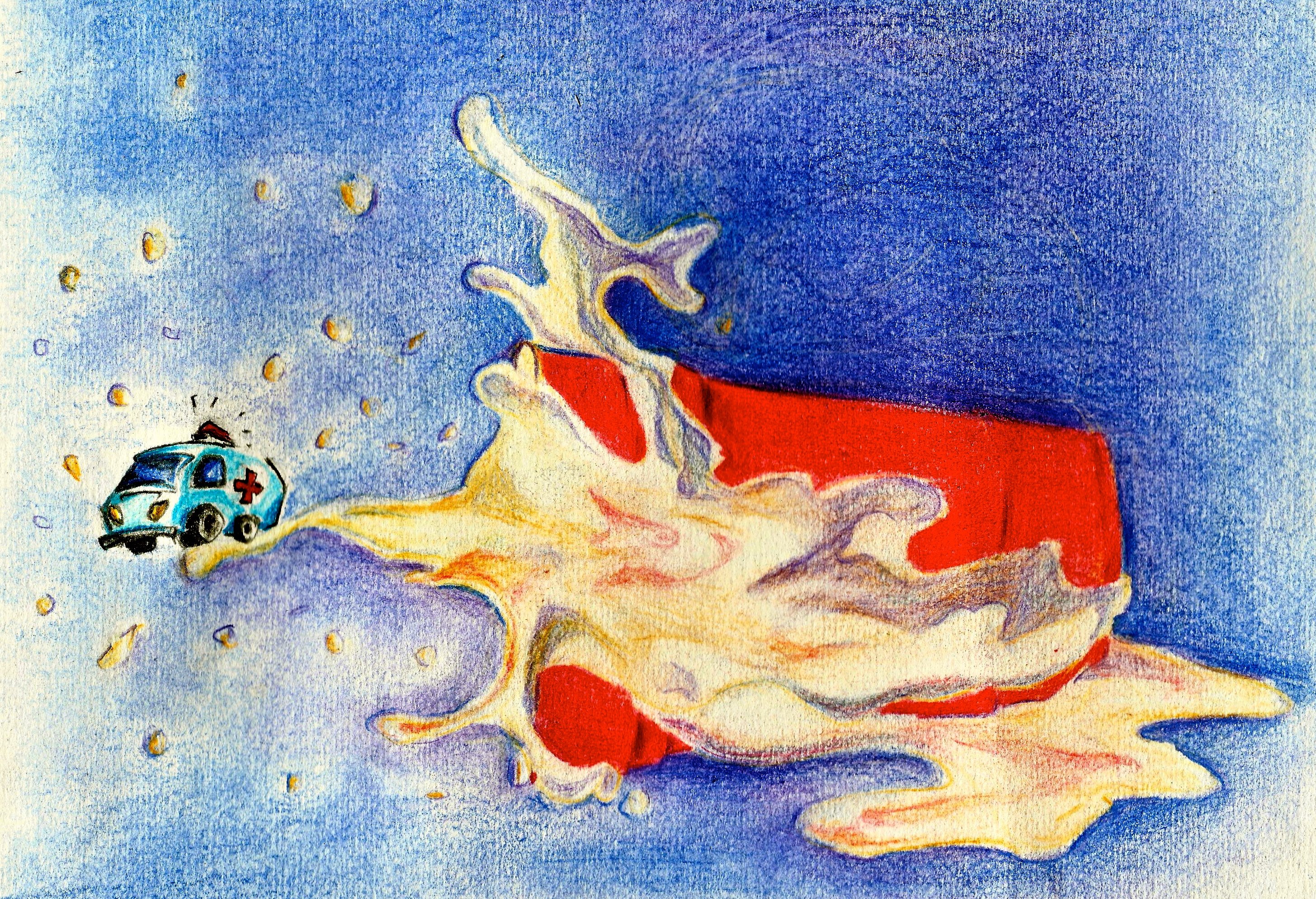
Wilbur Hall experienced its highest number of alcohol transports during a quarter in over a year this past fall, according to University figures.
Six Wilbur residents were transported due to alcohol consumption last quarter, according to Office of Alcohol Policy and Education (OAPE) director Ralph Castro. The complex experienced zero, two and two transports during fall, winter and spring quarters, respectively, of the 2012-13 academic year.
Castro and Dean of Residential Education (ResEd) Deborah Golder framed the uptick as potentially reflecting a greater willingness by students to report problems and ask for help, a perspective echoed by some Wilbur student staff members.
Castro also noted that more incoming freshmen reported having drunk in high school and having high-risk drinking patterns before arriving at Stanford. The rise in transports from Wilbur–which Castro described as predominantly involving hard liquor–wasn’t echoed elsewhere on campus, however, with Stern Hall–another freshman residence–experiencing a constant five alcohol transports in fall quarter of both 2012 and 2013.
According to multiple Wilbur staff members, OAPE and Wilbur resident assistants (RAs) met at the end of last quarter to discuss the increase.
“We were all a little shocked by the numbers this year,” said one Wilbur staff member who asked to remain anonymous.
However, Castro and Golder cautioned against drawing excessive significance from one quarter’s figures.
“Zero transports in the fall [of 2012] was an anomaly more than anything,” Golder said.
Golder framed her objective regarding alcohol transports as reducing the need for alcohol transports, not the actual number of transports reported. She cited the importance of dorm-level efforts to stop unsafe drinking.
“If it’s around alcohol, we want it to be happening locally,” Golder said of efforts to prevent dangerous alcohol consumption.
Golder also emphasized that ResEd was most interested in student safety.
“We’re not vilifying alcohol, we just want people to be safe in their choices,” Golder said.
OAPE and ResEd have continued earlier efforts to discourage unsafe drinking habits, including an initiative started last year to standardize alcohol policies across the eight houses in Wilbur Hall.
While several Wilbur staff members said that they felt well-supported by ResEd in terms of fostering safe drinking environments, some expressed concern with OAPE’s efforts to promote safe drinking and claimed that OAPE’s “social zone” outreach talk, which was intended to promote safe drinking habits, had backfired.
“All of our residents who had chosen not to drink before decided to drink,” said one Wilbur student staff member who also chose to remain anonymous.
Another Wilbur staff member, who did not want to be named, criticized OAPE’s “cookie-cutter” approach to dealing with drinking, citing the social zone talk as an example.
Wilbur staff members, for their part, said they have taken various measures to prevent future drinking problems, including simple measures like fostering community bonding by getting the dorms to eat meals together and even practicing a system whereby the entire dorm’s staff was on call each night, rather than a single RA.
Contact Caleb Smith at caleb17 ‘at’ stanford ‘dot’ edu.
